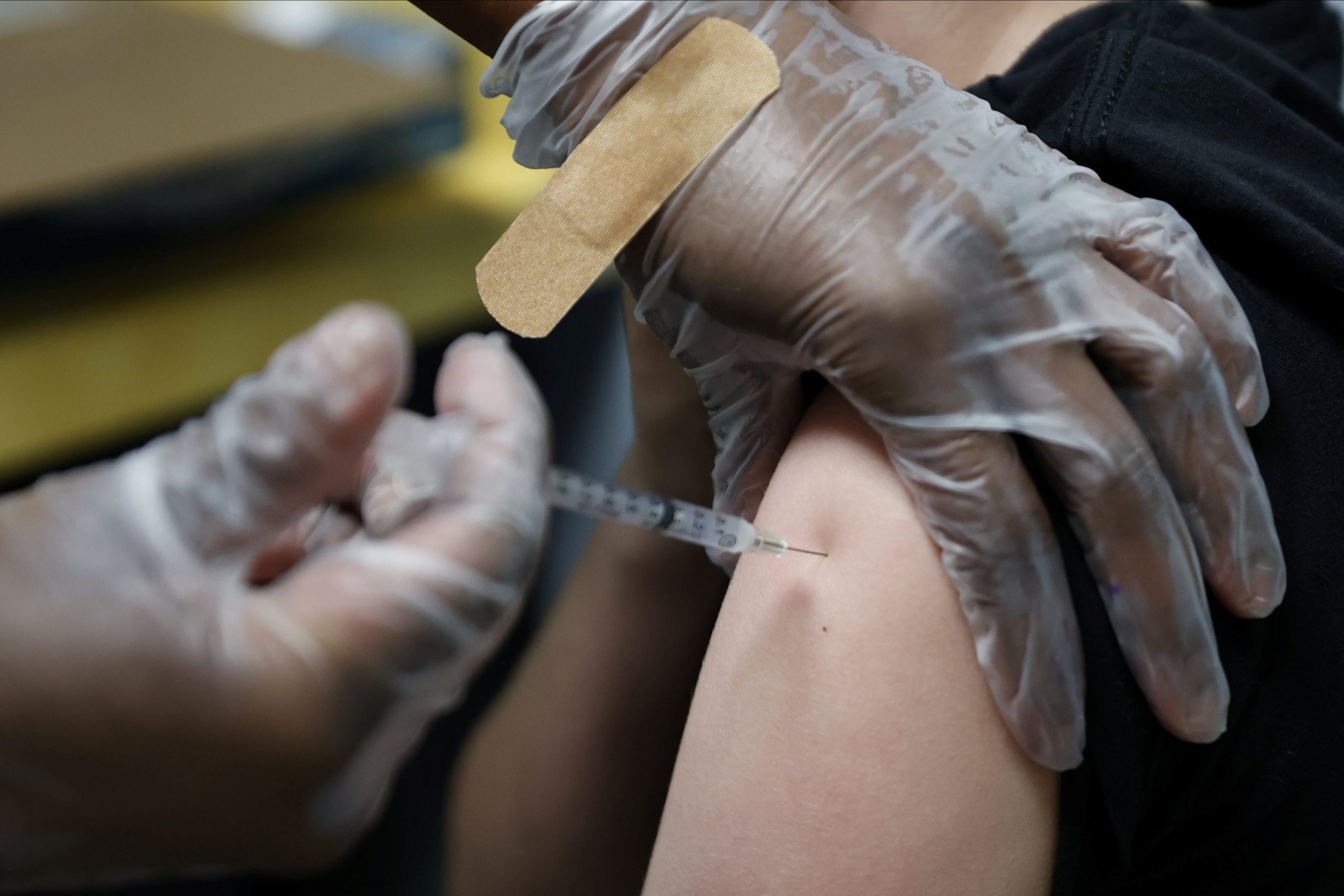A new peer-reviewed study shows more than two-thirds of adolescents with COVID-19 vaccine-related myopericarditis had persistent heart abnormalities months after their initial diagnosis, raising concerns for potential long-term effects.
Researchers at Seattle Children’s Hospital reviewed cases of patients younger than 18 years old who presented to the hospital with chest pain and an elevated serum troponin level between April 1, 2021, and Jan. 7, 2022, within one week of receiving a second dose of Pfizer’s vaccine.
While 35 patients fit the criteria, 19 were excluded for various reasons. Cardiac magnetic resonance imaging (MRI) of the remaining 16 patients was performed three to eight months after they were first examined. The MRIs showed 11 had persistent late gadolinium enhancement (LGE), although levels were lower than in previous months.
READ ALSO: We’re guinea pigs, says husband of woman who died after COVID vaccine shot
According to the study, “The presence of LGE is an indicator of cardiac injury and fibrosis and has been strongly associated with worse prognosis in patients with classical acute myocarditis.”
In a meta-analysis of eight studies, LGE was found to be a predictor of all-cause death, cardiovascular death, cardiac transplant, rehospitalization, recurrent acute myocarditis and requirement for mechanical circulatory support.
Similarly, an 11-study meta-analysis found the “presence and extent of LGE to be a significant predictor of adverse cardiac outcomes.”
Researchers said that while symptoms “were transient and most patients appeared to respond to treatment,” the analysis showed a “persistence of abnormal findings.”
The results “raise concerns for potential longer-term effects,” researchers wrote, adding that they plan to repeat imaging at one year after the vaccine to assess whether abnormalities have resolved.
READ ALSO: COVID-19: Face mask now optional as Ghana reviews protocol
“The paper provides more evidence that myocarditis in adolescents that result from COVID-19 vaccines is very serious,” said Dr. Madhava Setty, senior science editor for The Defender.
“All patients had significantly elevated serum troponin levels indicative of heart damage. And LGE, which is indicative of poor outcome, was present in more than two-thirds of the kids.”
Commenting on the study, Dr. Marty Makary, surgeon and public policy researcher at Johns Hopkins University, tweeted “CDC has a civic duty to rigorously study the long-term effects of vaccine-induced myocarditis.”
Dr. Anish Koka, a cardiologist, told The Epoch Times the study suggests 60% to 70% of teenagers who get myocarditis from a COVID vaccine may be left with a scar on their heart.
Culled from The Defender

 Entertainment1 week ago
Entertainment1 week ago
 Business1 week ago
Business1 week ago
 Health1 week ago
Health1 week ago
 Business1 week ago
Business1 week ago
 Latest1 week ago
Latest1 week ago
 Football1 week ago
Football1 week ago
 Entertainment1 week ago
Entertainment1 week ago
 Entertainment5 days ago
Entertainment5 days ago

